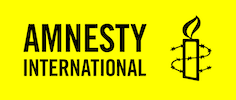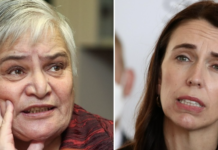The Government has an obligation to protect the right to health and life. In a public health emergency such as what we’re facing with COVID-19, particular consideration must be given to communities at risk of being impacted disproportionately. This includes vulnerable people, such as children, and communities facing historical and structural discrimination.
Vaccinations can protect the right to health by curbing community transmission and development of illness.
While Amnesty International opposes blanket mandatory vaccination policies, there may be instances in which a requirement for certain professions is justified.
These instances, where there is a requirement for certain professions to be vaccinated, must only be enacted as a last resort and after other feasible alternatives have been pursued.
As with any limitations on human rights, the requirement for mandatory vaccinations must meet the principles of legality, legitimacy, necessity and proportionality, and non-discrimination.
Evidence of this must be transparent and open to the public for scrutiny. To this end, the Government needs to incorporate a range of safeguards, including a clear aim and justification, specified and limited timeframe and precise wording on means of its implementation.





